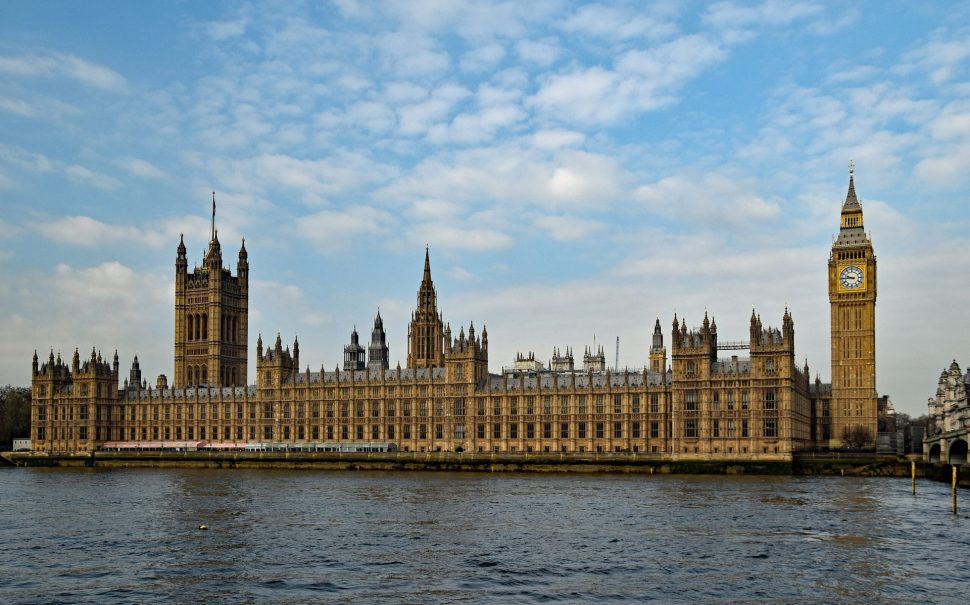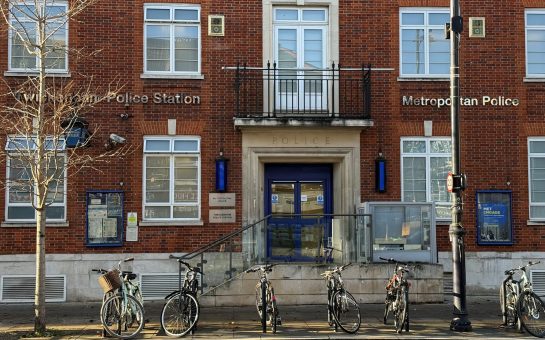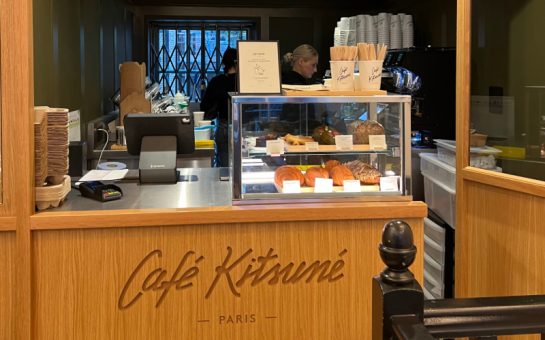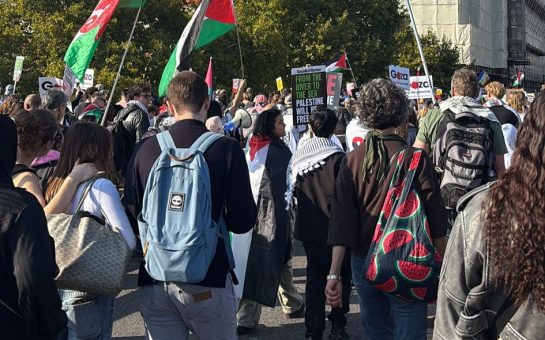Most Prime Minister’s Questions (PMQs) relating to constituency issues in the past year came from Conservative backbenchers.
Of the 207 related PMQs asked by backbenchers, 83% came from the Government’s side of the chamber.
Dr Simon Griffiths, Head of Politics and International Relations at Goldsmiths, believes concern over MPs’ future electoral prospects likely plays a part in this dynamic.
He said: “At the moment, given how tight the polls are, government backbenchers want to demonstrate to their constituencies that they are out there working for them.
“So they ask about local issues that they can then send press releases about to their local press, demonstrate they’re doing things.
“The opposition is much more interested in attacking the job and success of the government as a whole.”
Of the 397 questions asked by backbenchers from the governing party in the past year, 44% related to constituency issues whereas 49% related to questions of national or international importance.
In comparison these numbers, compiled from Hansard by the Londoners, found that 82% of opposition backbench questions had a national or international focus.
In total, 59% of questions relating to national and international issues came from the opposition benches.
Of the 59 answers found to straddle both constituency and national issue, the results were essentially half and half with 51% for the government and 49% for the opposition.
Dr Daniel Gover, Senior Lecturer in British Politics at Queen Mary University, argued that it can be difficult to separate the work that MPs do in their constituencies from national policy issues.
He said: “When you get into it, the policy issues also affect constituents. So MPs will sometimes focus on particular policy areas because it’s an issue that they see in their constituency.
“For example, they might think that a Labour government will be better for their constituents and therefore they’ll want to make the case for Labour policy.”
Elliot Colburn, Conservative MP for Carshalton and Wallington, told the Londoners that opportunities to speak at PMQs were in high demand and for that reason MPs try to ask the best question possible.
He said: “As a backbench MP, our primary responsibility is standing up for our constituents.
“So asking the Prime Minister for their input into matters affecting our constituents is one of the most powerful tools we have in doing that job.”
Dr Gover pointed to the many reasons backbench MPs would have to ask constituency issues, which includes seeking positive local press coverage or to get a positive comment from the Prime Minister.
He said: “That’s more attractive to government backbenchers.
“Not only because they’re less likely to ask those scrutiny questions but also because they like the Government, they like the minister and therefore they want to present the Government in a positive light.”
Dr Griffiths noted that the desire to win favour with the Prime Minister is also likely to play a factor in this decision.
He said: “I think highlighting a local issue is a way to say ‘what are you doing for us?’ rather than appear critical.
“Because they don’t want to be backbench MPs, they want to be ministers, so the last thing they want to do is criticise their boss in Parliament.”
Dr Gover also stressed that the data showed that backbenchers from the governing party were still more likely to ask questions about national or international issues.
“Whether government or opposition, you are still getting a lot of that run of the mill scrutiny work.”
Main Photo credit: Thomas Dahlstrøm Nielsen (licenced under Creative Commons Attribution-Share Alike 4.0)





